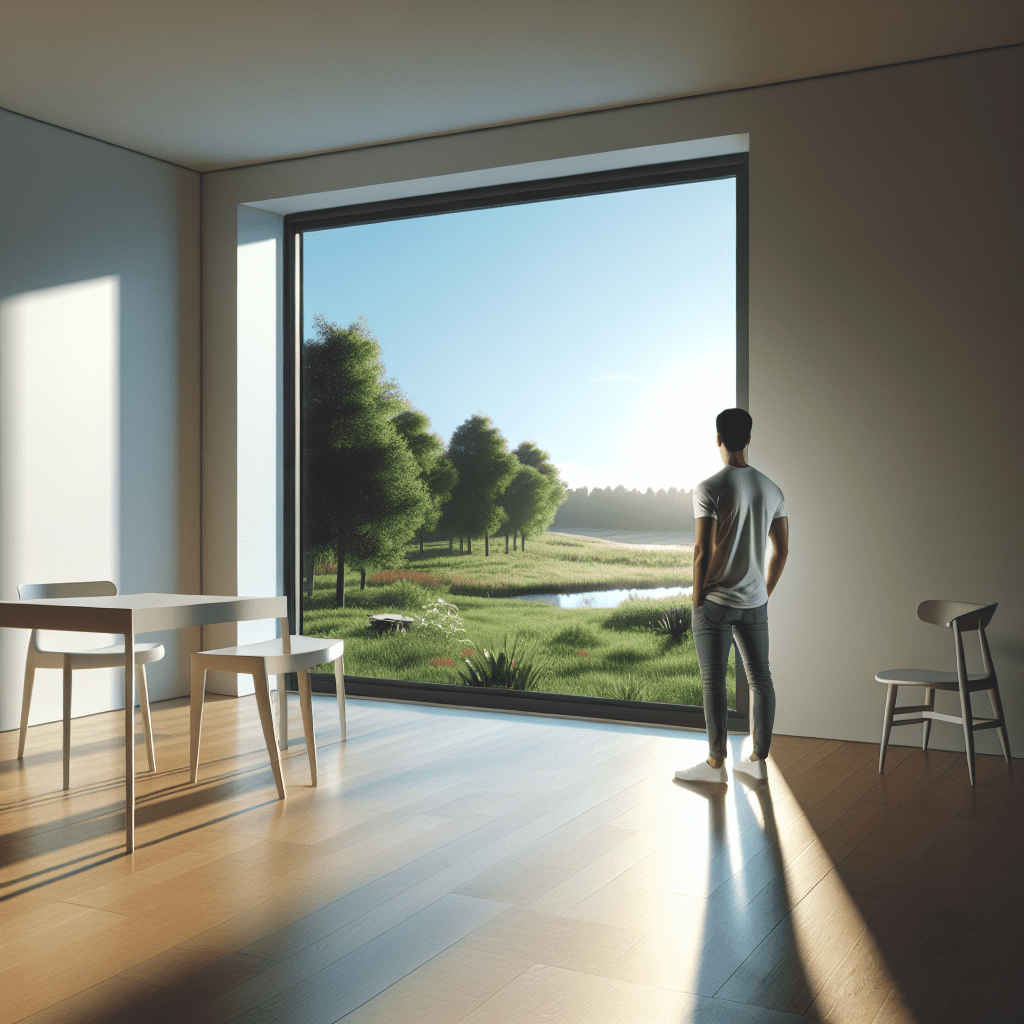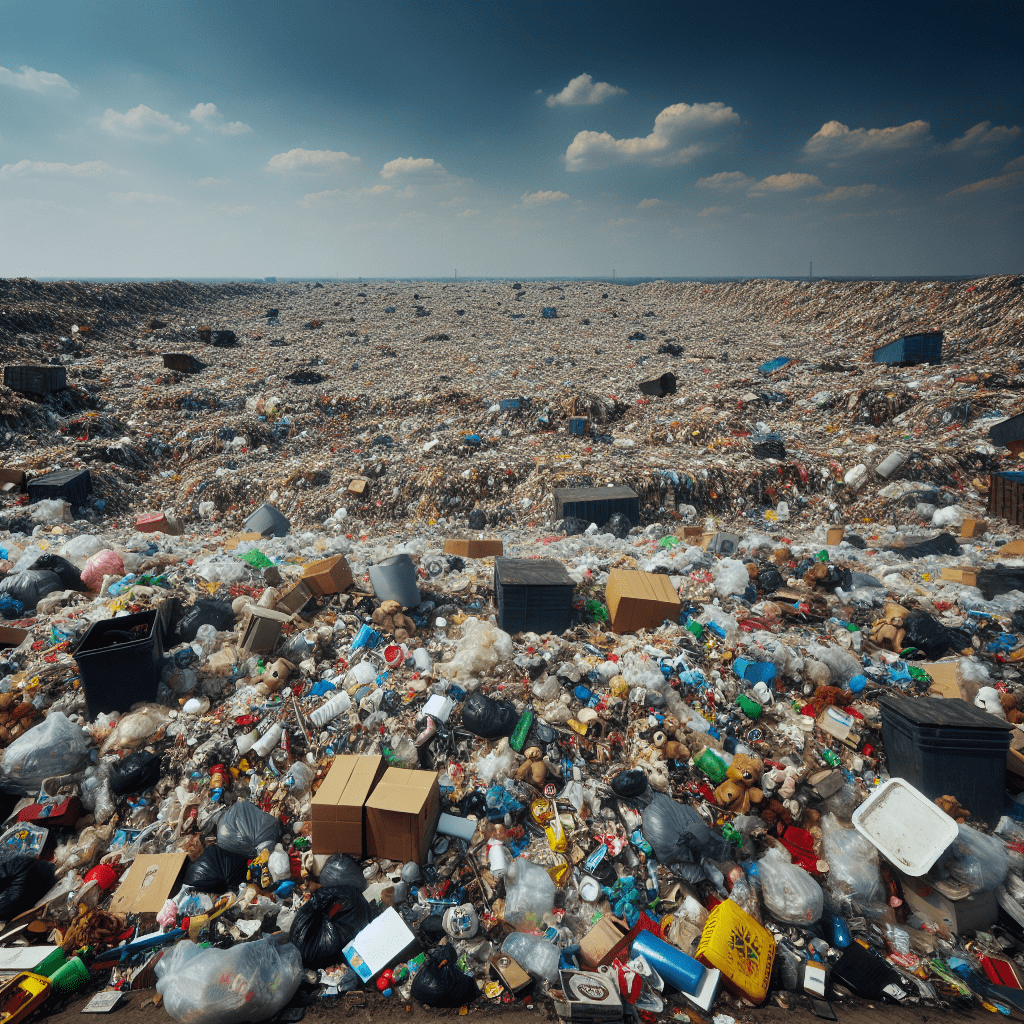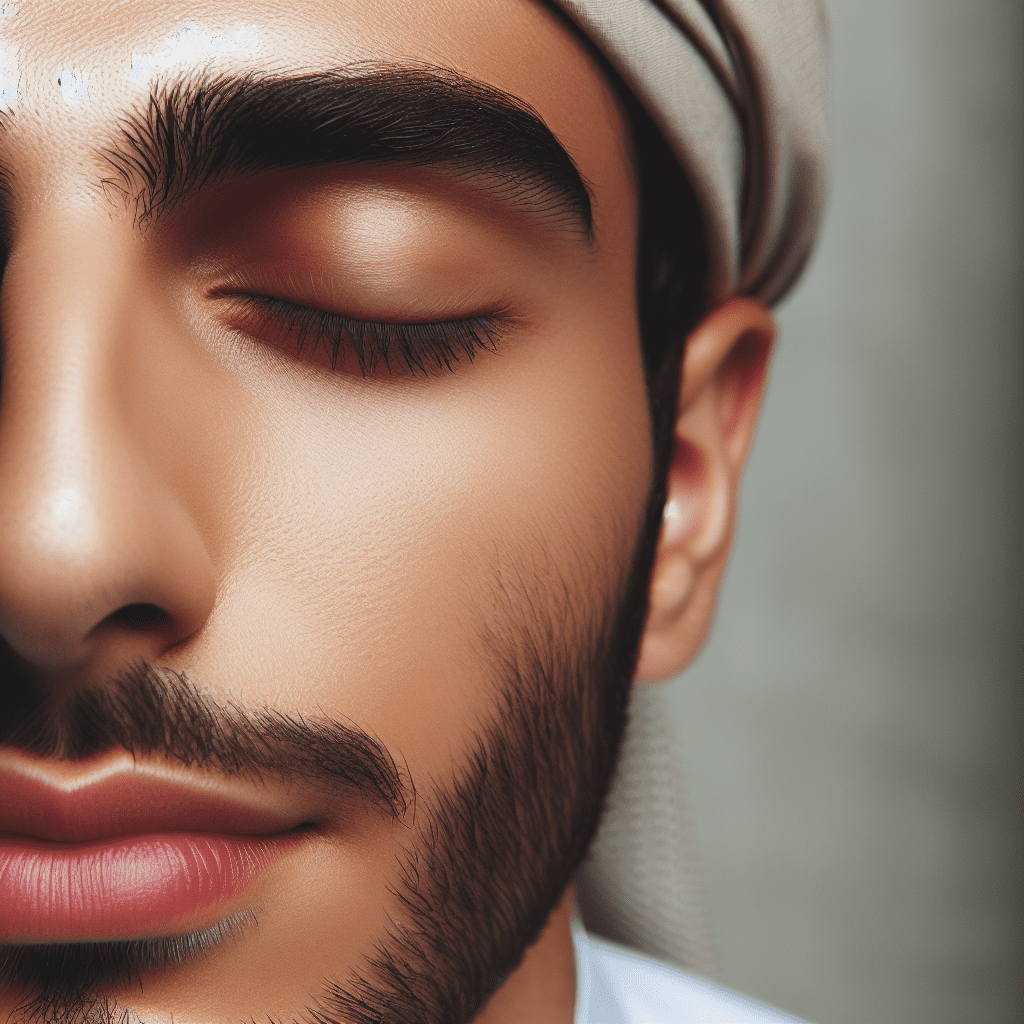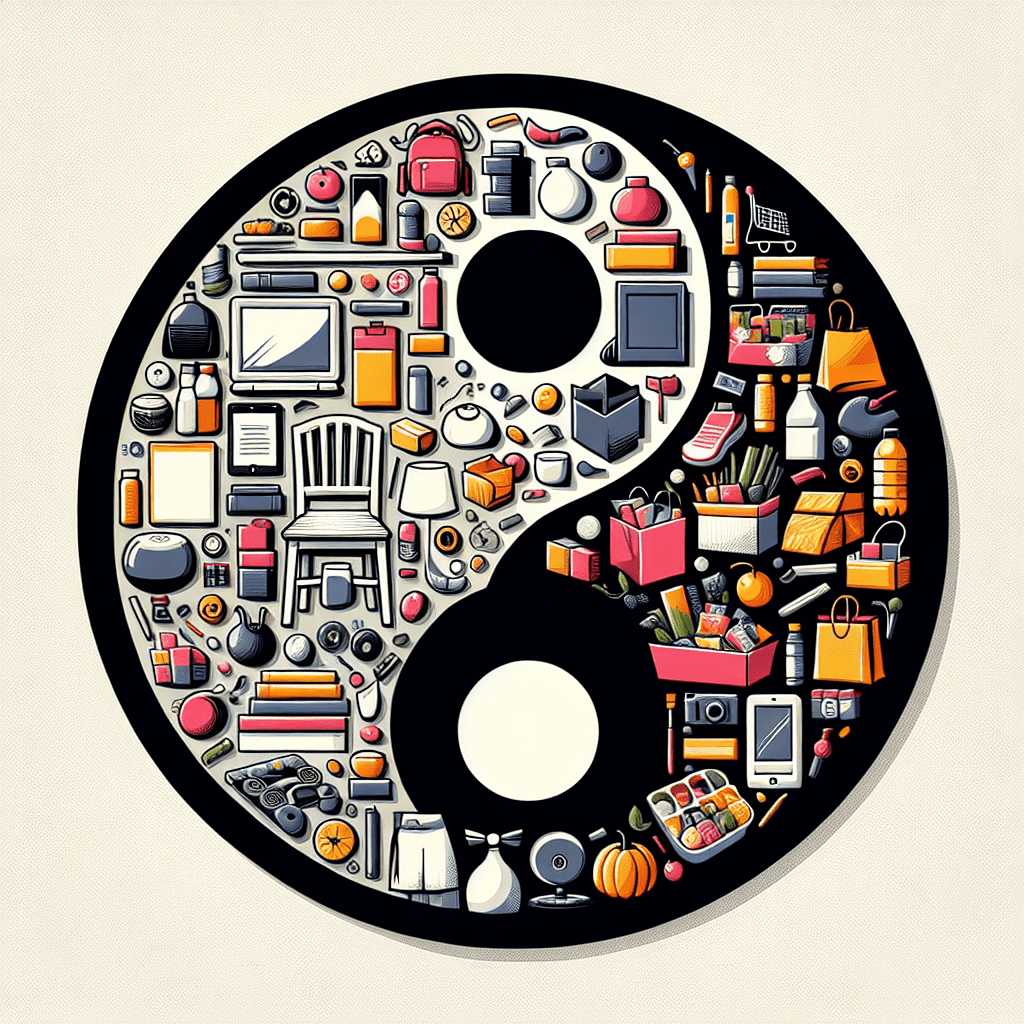Table of Contents
In a world where success is often measured by the accumulation of material possessions and the incessant pursuit of more, a quiet revolution is taking place. The minimalist movement, once a fringe philosophy, has now permeated mainstream consciousness, challenging the very foundations of our consumerist society. As individuals seek to declutter their lives and find meaning beyond the confines of their possessions, we are confronted with profound questions about the nature of happiness, fulfillment, and the human experience itself.
The Allure of Simplicity

In an age of sensory overload, there is a certain allure to simplicity. Minimalism, at its core, is about stripping away the excess and focusing on what truly matters. It is a rejection of the notion that more is always better, and a recognition that true contentment often lies in the intangible aspects of life – relationships, experiences, and personal growth.
For many, the journey towards minimalism begins with a realization that their possessions have become a burden rather than a source of joy. As author Joshua Becker puts it, “Minimalism is the intentional promotion of the things we most value and the removal of anything that distracts us from it.” By decluttering their physical spaces, minimalists often find that they are also decluttering their minds and freeing themselves from the psychological weight of consumerism.
The Psychology of Consumerism
The roots of our consumerist culture run deep. From a young age, we are bombarded with messages that equate happiness with the acquisition of material goods. Advertisements, social media, and societal norms all contribute to the idea that our self-worth is tied to what we own.
Psychologists have long recognized the power of consumerism to shape our behavior and emotional states. Studies have shown that shopping can trigger the release of dopamine, the “feel-good” neurotransmitter, creating a temporary sense of pleasure and reward. However, this fleeting high often gives way to feelings of dissatisfaction and a desire for more, perpetuating a cycle of consumption.
Minimalism, in contrast, seeks to break this cycle by shifting the focus from external validation to internal fulfillment. By consciously choosing to own less, minimalists are able to redirect their energy towards experiences, relationships, and personal growth, cultivating a deeper sense of contentment that is not dependent on material possessions.
The Environmental Impact

Beyond its psychological implications, minimalism also has significant environmental consequences. The constant demand for new products fuels a system of mass production and waste that is taking a heavy toll on our planet.
According to the World Bank, the global population produces over 2 billion tons of solid waste each year, much of which ends up in landfills or the ocean. The fashion industry alone is responsible for 10% of global carbon emissions and is the second-largest consumer of the world’s water supply.
Minimalism offers a counterpoint to this unsustainable model of consumption. By reducing their consumption and choosing to invest in high-quality, long-lasting products, minimalists are helping to reduce waste and lessen the environmental impact of consumerism.
The Global Perspective
While minimalism has gained traction in the Western world, it is important to recognize that the concept of living with less is not a new one. In fact, many cultures around the world have long embraced a philosophy of simplicity and non-attachment.
In Japan, for example, the concept of “ma” – the space between things – is a central tenet of aesthetics and design. This appreciation for emptiness and simplicity is reflected in traditional Japanese architecture, with its clean lines and uncluttered spaces.
Similarly, the Buddhist concept of “non-attachment” teaches that true happiness comes from letting go of our attachments to material possessions and ego-driven desires. By cultivating a sense of contentment with what we have, we free ourselves from the suffering that comes from constantly wanting more.
The Minimalist Mind

At its heart, minimalism is a mindset – a way of approaching life that prioritizes meaning over materialism. It is a recognition that true wealth lies not in what we own, but in the richness of our experiences and the depth of our connections with others.
As minimalist Joshua Fields Millburn writes, “Love people, use things. The opposite never works.” By shifting our focus from the acquisition of things to the cultivation of relationships and experiences, we open ourselves up to a deeper sense of fulfillment and purpose.
This mindset shift is not always easy, particularly in a society that constantly reinforces the message that more is better. It requires a willingness to question our assumptions, to let go of the things that no longer serve us, and to embrace a simpler, more intentional way of living.
Finding Balance

Ultimately, minimalism is not about deprivation or asceticism. It is about finding balance and aligning our lives with our values. For some, this may mean drastically reducing their possessions and living out of a single suitcase. For others, it may simply mean being more intentional about their consumption and focusing on quality over quantity.
The beauty of minimalism lies in its adaptability – it is a philosophy that can be tailored to each individual’s unique circumstances and goals. What matters is not the number of possessions we own, but the intentionality with which we live our lives.
As we navigate the complexities of the modern world, the principles of minimalism offer a roadmap for finding meaning and contentment in the midst of a consumerist culture. By decluttering our lives and focusing on what truly matters, we open ourselves up to a richer, more fulfilling existence – one that is defined not by what we own, but by who we are and the impact we have on the world around us.
In the end, the small life may lead to the biggest questions of all – questions of purpose, meaning, and what it truly means to live a good life. As we grapple with these questions, minimalism reminds us that the answers often lie not in the accumulation of things, but in the cultivation of a clear mind, an open heart, and a life well-lived.